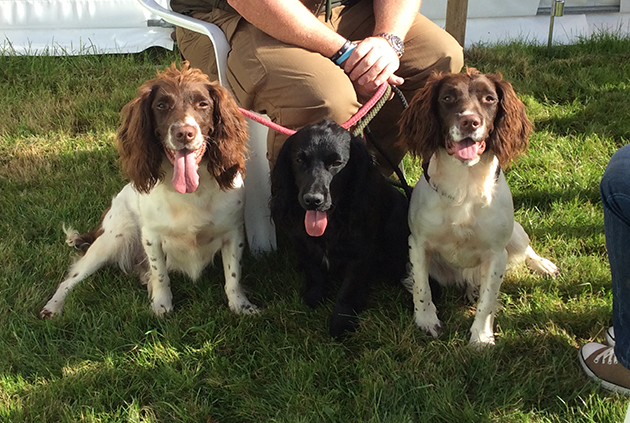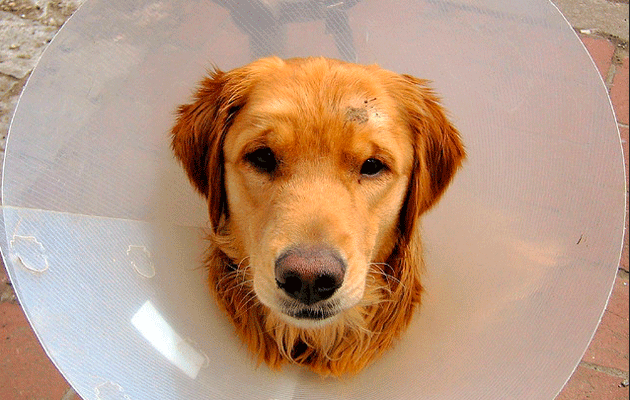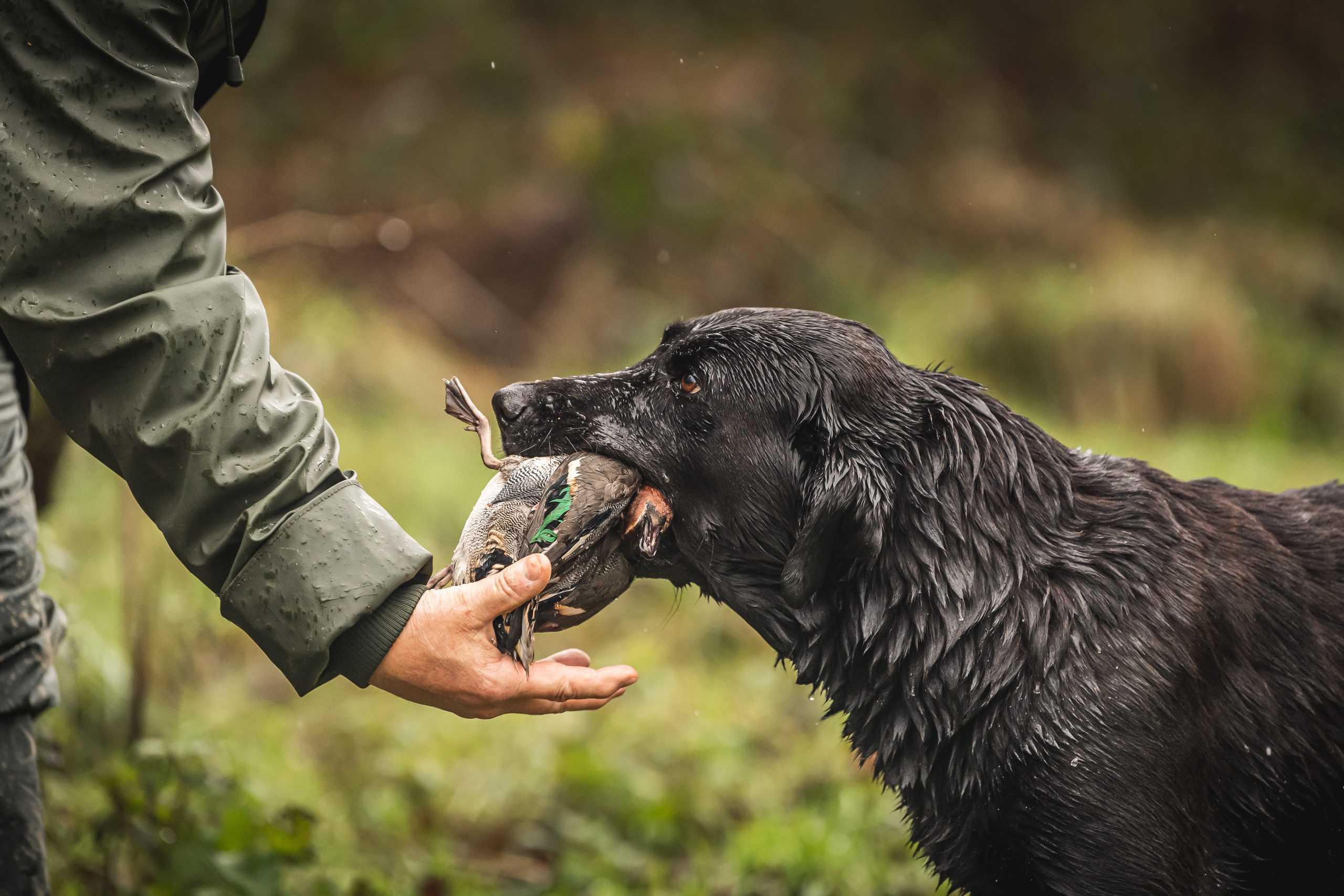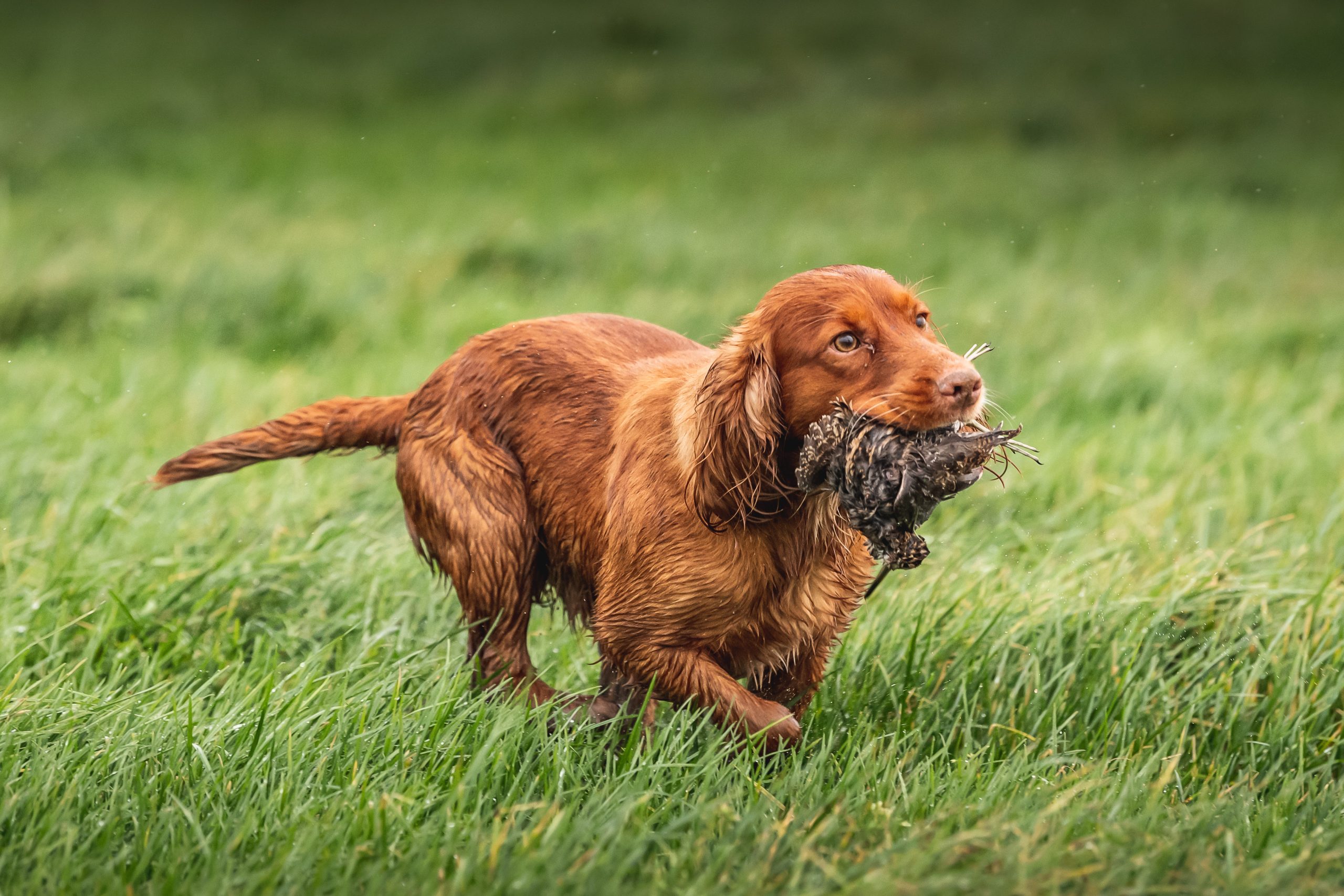I am about to buy an eight-week old gundog puppy and have been wondering whether I should take out insurance…
Gundog news
Gundogs
Insurance for gundogs – is it a price worth paying?
Gundog insurance: Is buying gundog insurance for your lab or spaniel a necessary evil or a costly mistake?
Would you like to speak to our readers? We offer sponsored articles and advertising to put you in front of our audience. Find out more.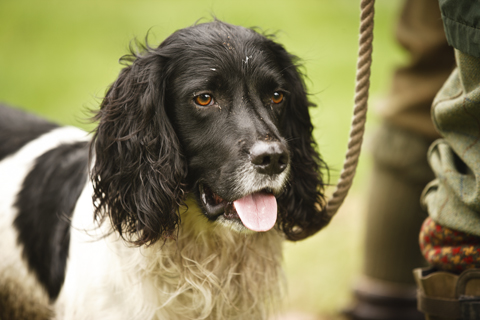
Insurance for dogs is a relatively new thing – and now it seems to have become compulsory. This is in large part due to the rising costs of veterinary care and today’s need to be seen to be insured for just about everything.
Vet bills or responsible ownership?
Working dog owners seem to be split into two camps when it comes to gundog insurance. There are those who think you need it as a responsible working dog owner to make certain that you can meet unexpected costs. The other camp think that the high fees now charged by vets drive the rising cost of insurance.
Whatever your view, there’s no doubt that for many owners, whether they own a pet or a working gundog, insurance has become a necessary cost to bear. It’s unfortunate those of us who own a number of dogs now find the cost of gundog insurance premiums prohibitive. And it seems unfair that many responsible breeders across the whole of the dog world who are the core of the supply chain of well-bred dogs aren’t provided with an affordable policy option for multiple ownership.
Is your working dog covered?
Gundog insurance has become a massive and extremely competitive business among a vast array of big-name brokers. But, as always, the consumer needs to be very careful about his choice of insurance company, and must be fully aware of precisely what the premium is actually covering should there be the need to make a claim. This is certainly even more important for those who own working dogs, whether a gundog is worked several days a week throughout the season or just taken out for an occasional bit of rough shooting or picking-up.
There are some companies offering extremely low-cost premiums – some as low as £25 a month. But these, and even the standard policies of the bigger insurers charging up to £50 plus a month, will be of no use to owners of working dogs should a claim be made for gundog injuries.
While the most well-known names in gundog insurance, including some of those run by supermarket chains, provide varying degrees of cover, making a claim for veterinary costs for a gundog injured while out in the field, will not be met by their basic cover plan.
Injuries in the field
In researching this article requests for comments on cover for working gundogs were made to two of the UK’s major insurers but no response was forthcoming. But BASC, which does provide gundog insurance cover for working gundogs were happy to help.
David Ilsley from BASC commented: “Owners need to understand that whereas pet dogs tend to become ill rather than actually injure themselves, working dogs get injured more frequently as well as being prone to the usual run of health issues. So claims for pet dogs that get sick tend to be high frequency lower cost claims, whereas workings dogs are more likely to have low frequency claims but claims that are very high cost,” says David.
Meticulously reading every detail of the cover offered by a policy is absolutely essential if you want to provide comprehensive gundog insurance.
Should you opt for a cheaper policy?
However, some owners of working gundogs may opt for a cheaper policy that doesn’t cover the costs of an accident while the dog is actually working. They are prepared to stump up the cash if faced with having to pay for a working injury. Paying a lower premium might seem worth the risk – but you could end up paying a high price ultimately.
“A claim for treating a sick pet dog can be a few hundred pounds but a claim for an injured working gundog – for, say, a cruciate ligament injury – could be several thousand pounds,” says BASC.
Beware ‘good deals’
While the major insurers will provide cover for life, things may not be quite so clear-cut with other insurers in the market place offering low-cost cover. Vets say clients who believe their dogs are insured for prolonged treatment often have a shock when they come to pay their annual premium. It isn’t uncommon for some policies to add an exclusion clause to the renewal which means any continuing treatment for a particular problem that has already been paid for, or future treatment should the problem recur at a later stage, will not be covered by the on-going policy.
What a vet advises
North Yorkshire vet Jane Duffy, who keeps working Labradors, says owners who think they’ve got a “very good deal” on a dog insurance policy may not be aware their policy doesn’t cover a dog used as a working gundog. And that even as a pet dog there may be restrictions imposed on what the policy will pay out for in the future when premiums come up for renewal.
“It’s very important to know what your dog is covered for and if that cover will be all-embracing and continue for the life of the dog if prolonged treatment is required,” says Jane.
What about gundog puppies?
A responsible breeder will probably supply a puppy that is already covered with four-weeks’ worth of insurance. This could be a marketing ploy by the insurance company to sell a follow-up policy to the new owner but in any case it does have the advantage of giving initial cover to the puppy and an opportunity for the owner to see what the insurer offers. This is also the right time to discuss rising premiums as the dog ages.
But it may be that if a dog succumbs to an illness at 10 months old and needs life-long treatment to control that condition, a company may not pay for that beyond the first year’s premium. And insurers are becoming increasingly vigilant in their investigations. One vet confirmed he had to provide a lifetime health record for an 11-year-old Labrador that was making its first claim on a policy.
Costs and typical problems
The actual cost of insuring a working gundog under a BASC policy does vary – and surprisingly location plays a big part. So a working Labrador living in Surrey will cost more to insure than one living in Scotland. On average it costs £40-£50 a month to insure a working gundog with BASC.
It is important to remember that most dog insurance policies include third party liability and should pay out for death from illness or loss from theft or straying. But these details must be clarified with the insurer at the outset.
Working gundogs are more likely than companion dogs to suffer cuts and gashes from wire and jagged stones – because of the job they are bred to do. Physical injuries such as cruciate ligaments, lameness, cut pads, and muscular strains also tend to crop up.
The final analysis
Some gundog owners opt to put £50 or so aside a month in a savings account, which they then use should they ever have to pay a large vet bill. A good idea in practice, but in reality a vet bill could far exceed the saved amount, with thousands of pounds worth of treatment accruing for various operations and aftercare.
My advice? It would be to insure. Although you might have what seems like a steep monthly commitment you’re likely to sleep better at night, knowing that if your canine best friend rips his stomach open on a wire fence whilst in hot pursuit of a runner, you can afford to give him all the treatment he will need.
Get a free quote on gundog insurance here.
You’ll find more advice on gundog health here
10 things you need to know about gundog insurance
Some people are advocates of insuring their working dogs and others think it’s a waste of money, preferring to pay…
Should you insure your gundog?
It all comes down to your ability to pay vet bills if you don’t insure your gundog
Related articles
Gundogs
Saying goodbye to a gundog
It’s the most difficult of subjects but here Tom Jones faces up to the sad reality of losing a beloved gundog and realises just how much they give us.
By Time Well Spent
Gundogs
How to curb nerves on your first working test
What can gundog handlers learn from sport psychology? Novice handler Emily Cartigny tries to curb the nerves in her first working test.
By Time Well Spent
Manage Consent
To provide the best experiences, we use technologies like cookies to store and/or access device information. Consenting to these technologies will allow us to process data such as browsing behavior or unique IDs on this site. Not consenting or withdrawing consent, may adversely affect certain features and functions.
Functional Always active
The technical storage or access is strictly necessary for the legitimate purpose of enabling the use of a specific service explicitly requested by the subscriber or user, or for the sole purpose of carrying out the transmission of a communication over an electronic communications network.
Preferences
The technical storage or access is necessary for the legitimate purpose of storing preferences that are not requested by the subscriber or user.
Statistics
The technical storage or access that is used exclusively for statistical purposes.
The technical storage or access that is used exclusively for anonymous statistical purposes. Without a subpoena, voluntary compliance on the part of your Internet Service Provider, or additional records from a third party, information stored or retrieved for this purpose alone cannot usually be used to identify you.
Marketing
The technical storage or access is required to create user profiles to send advertising, or to track the user on a website or across several websites for similar marketing purposes.





